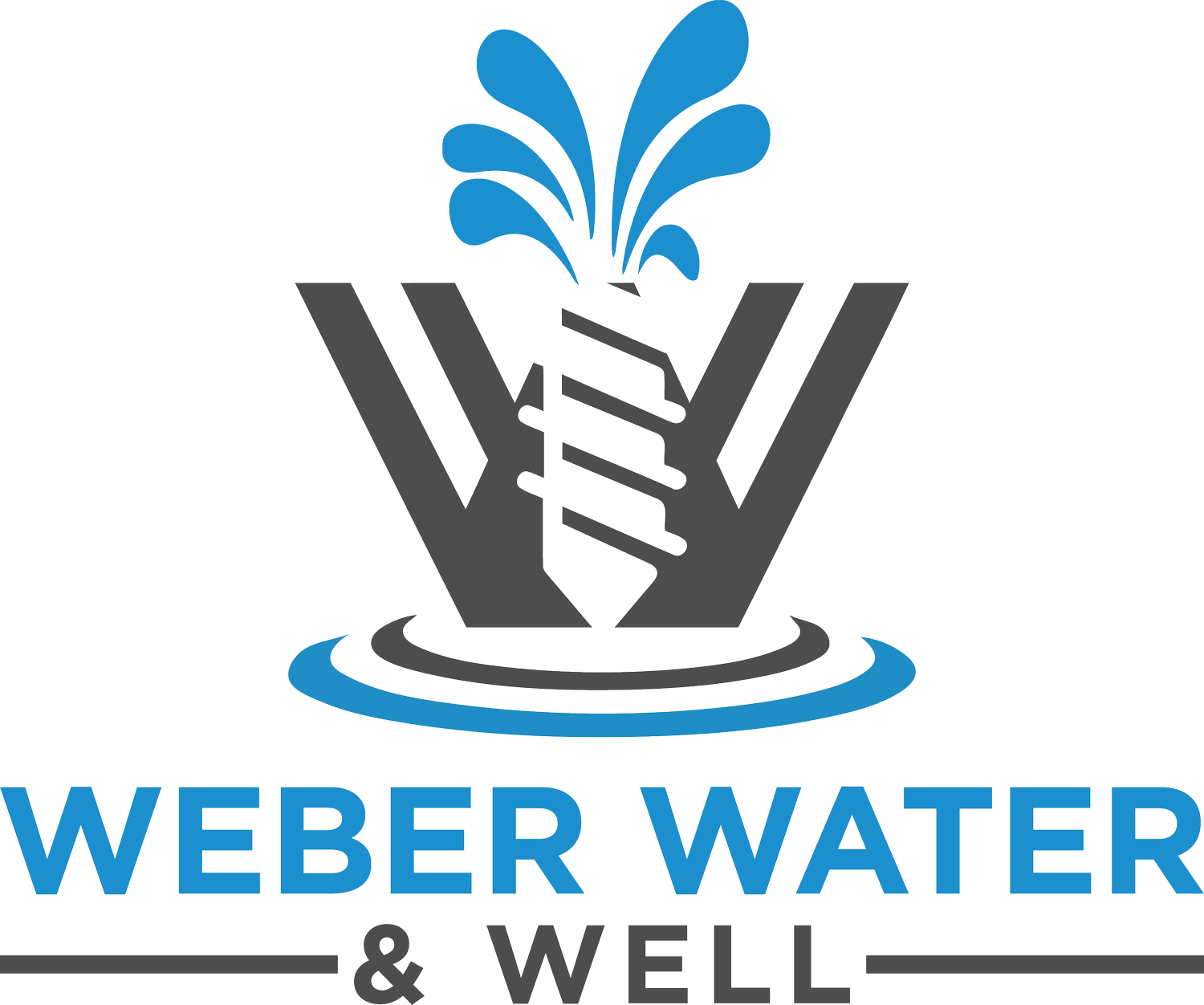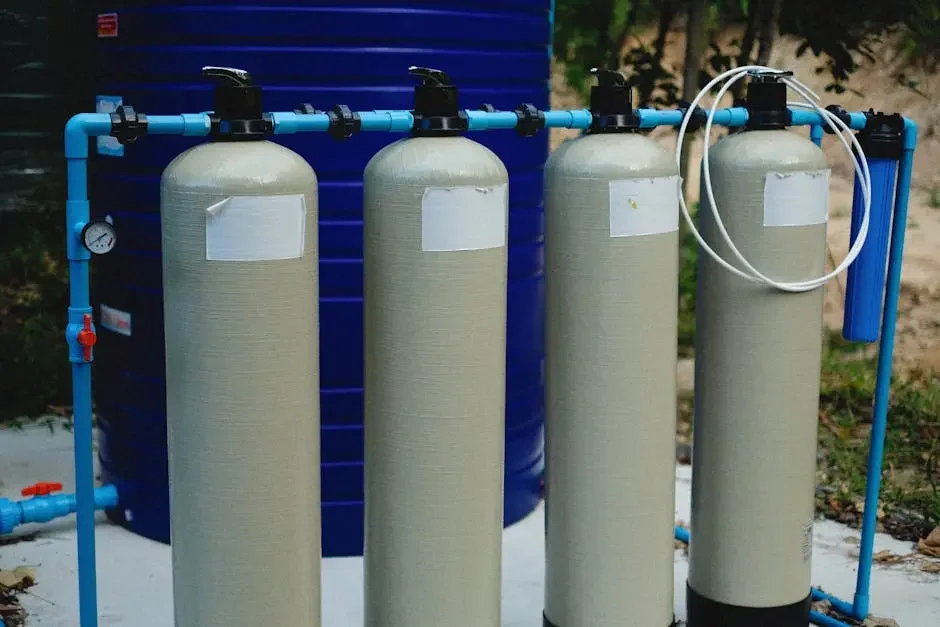What Is Well Water Treatment and Why Is It Important?
Well water treatment is essential to ensure that your water supply is safe and clean for consumption. In this guide, we will explore the various aspects of well water treatment, its benefits, and why it's crucial for your health and safety.
Step 1: Understanding Well Water Quality
Learn about the common contaminants found in well water and how they can affect your health.
Well water often contains a variety of contaminants, including bacteria, nitrates, and heavy metals. These impurities not only have a negative effect on taste but can also pose serious health risks. For instance, high nitrate levels can lead to conditions like blue baby syndrome, a dangerous situation for infants.
Regular water quality testing is crucial in identifying these issues. By understanding the specific contaminants in your well water, you can address them effectively and ensure that your drinking water is safe.
Beyond just contaminants, also consider the mineral composition of your water. Hard water, common in some regions, can lead to mineral buildup in your plumbing, affecting water flow and appliance efficiency.
Step 2: Reasons for Treatment
Explore the key reasons why treating well water is necessary, from health protection to taste improvements.
The safety of your drinking water should always come first. Well water treatment is vital as it removes harmful substances that could jeopardize your family's health. Moreover, taste and odor can be significantly improved through treatment methods, making your water more enjoyable to drink.
In addition to health and taste, treating well water can increase the longevity of your plumbing system and appliances. Contaminants such as iron and sulfur not only impact the quality of the water but can also cause damage over time. Preventative treatment ensures both your well water and home systems remain in good condition.
Another reason to invest in well water treatment is the potential increase in property value. Homes with treated water may be more appealing to buyers concerned about water quality, making it a smart investment in the long run.
Step 3: Types of Treatment Methods
Discover various treatment options available for well water, including filtration, disinfection, and softening.
There are several effective treatment methods to consider. Filtration systems can remove sediments, bacteria, and other contaminants, ensuring clean and safe drinking water. Depending on your well water's specific needs, you might opt for a reverse osmosis system, which is excellent for removing dissolved solids.
In addition to filtration, disinfection techniques like chlorination or UV treatment are crucial for eliminating harmful microorganisms. These methods are essential for maintaining safe drinking water, particularly if your well is prone to bacterial contamination.
Moreover, water softening is a great treatment option in areas with hard water. By removing excess calcium and magnesium, softeners can improve your water's quality and prolong the lifespan of your plumbing and appliances.
Step 4: Regular Maintenance and Testing
Understand the importance of regular maintenance and testing to ensure your treatment system is effective.
Even the best treatment systems require regular maintenance to function effectively. This includes routine checks and replacements of filters, ensuring the system remains free of buildup and contaminants. Over time, sediment can accumulate, and without proper monitoring, your system may not perform as optimally.
Testing your well water at least once a year is also essential. This will help you catch any changes in water quality and ensure that your treatment method is addressing the current contaminants properly. Regular testing allows for adjustments in treatment plans, ensuring your water remains safe for consumption.
Ultimately, staying informed about both the quality of your water and the condition of your treatment system is key to maintaining a healthy home environment. Being proactive about well water treatment not only protects your health but also instills confidence in the water you use every day.
The Importance of Clean Well Water
In conclusion, understanding well water treatment is vital for everyone relying on private wells. By implementing effective treatment methods, you can enjoy safe and reliable water for your home.


